Zagreb Control Seminar connects industry and academia to explore control theory, applications, and education. Our goal is to create a platform where experts can share their work, discuss the latest advancements, and explore innovative solutions. We encourage collaboration on research and projects, fostering connections between scientists and industry professionals. Join us to share your expertise, learn from others, and build partnerships that drive technological progress.
The language of the presentations will be Croatian. However, if there is even one non-Croatian speaking participant, the entire program will be conducted in English to ensure inclusivity and broader participation.
The events will be followed by informal gatherings in nearby venues (e.g., a pub or a restaurant).
At the moment, there are no upcoming seminars. If you would like to suggest one, please get in touch with us on LinkedIn!
Past Seminars
ZCS4: 04.04.2025., On Dissipativity in Control of Complex Dynamical Systems
Efficiency, robustness and scalability: Using dissipativity to cope with trade-offs in design of dynamical networks
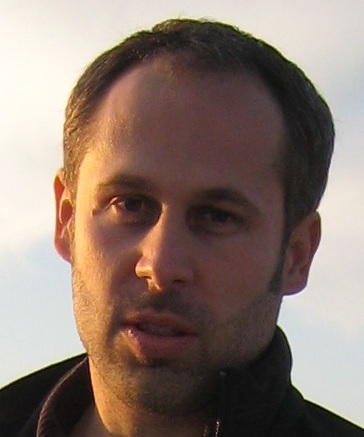
Andrej Jokić PhD, Full Professor, University of Zagreb, Faculty of Mechanical Engineering and Naval Architecture
There exists a widely recognized need to better understand and manage complex large-scale dynamical networks, such as "smart" energy grids, biological networks or automated highways. Complexity, large-scale, interconnection/communication constraints and often non-existence of a suitable global model (e.g, due to confidentiality issues), require development of analytical and computational methods for tractable analysis and controller synthesis under structural constraints (e.g., plug-and-play requirements; structured stability/performance conditions; decentralized or distributed controllers). The key challenge is to develop a suitable framework which enables us to efficiently cope with inherent efficiency-robustness-scalability trade-offs in both analysis and control synthesis.
In this talk we will address some of the above challenges in parallel with presenting several results regarding structured stability and performance conditions for dynamical networks. We argue that dissipativity theory is an appropriate approach as it offers both distributed/decentralized stability/performance conditions which can be interpreted in terms of protocols imposed on subsystems in a network. Trade-offs are discussed together with the notion of differential supply rates which offer novel structured stability conditions based on storage functions with higher order derivatives. We make the connection between structure of Lyapunov functions (structure that reflects the topology of the considered network) and certain robustness properties of the network.
Data-Driven Controller Synthesis for Dissipativity
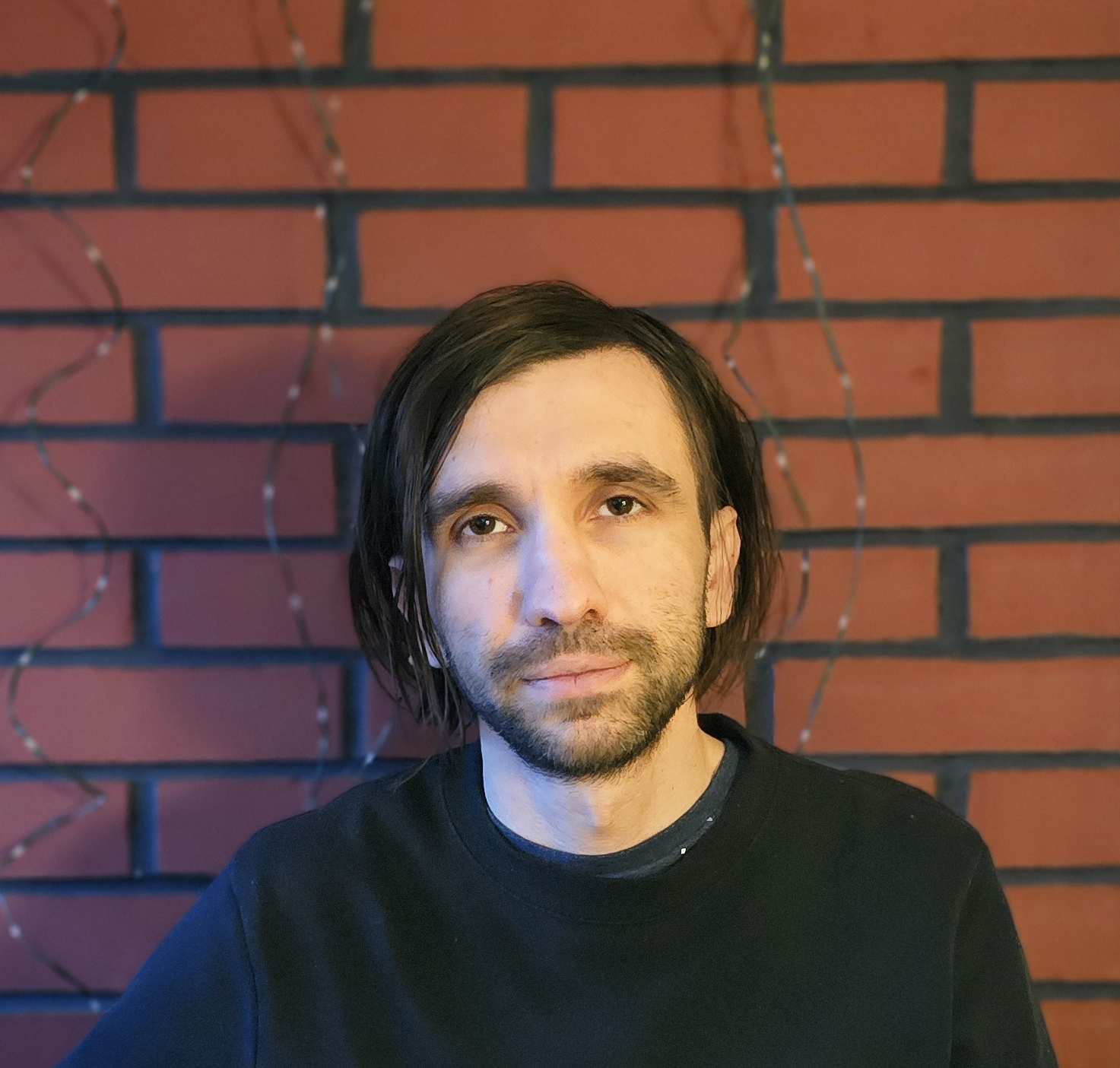
Pietro Kristović PhD student, University of Zagreb, Faculty of Mechanical Engineering and Naval Architecture
Over the past century, the complexity of a man-made systems has increased significantly, and with it the need for their control. Furthermore, with the development of electronic technologies, data describing system behavior has become increasingly available, which has caused a shift in the research community's focus towards data-driven control methods, compared to classical model-based control methods. Data-driven control methods are suitable when it is difficult to model systems using physical laws due to system complexity, a proven classical example being PID control. A distinguishing feature of this "new wave" of data-driven methods is the emphasis on solutions and techniques with provable guarantees regarding the (robust) stability and performance of the considered (closed-loop) systems. In this presentation, we present results that contribute to this area of research, concerning data-driven controller synthesis methods for discrete-time linear time-invariant systems. The goal of the synthesis is to render the closed-loop system dissipative with respect to a given, generic, unstructured quadratic supply function.
ZCS3: 18.02.2025., Aerial Robotics and Control
Classical Control Theory for Non-Classical (Aerial) Manipulation Applications
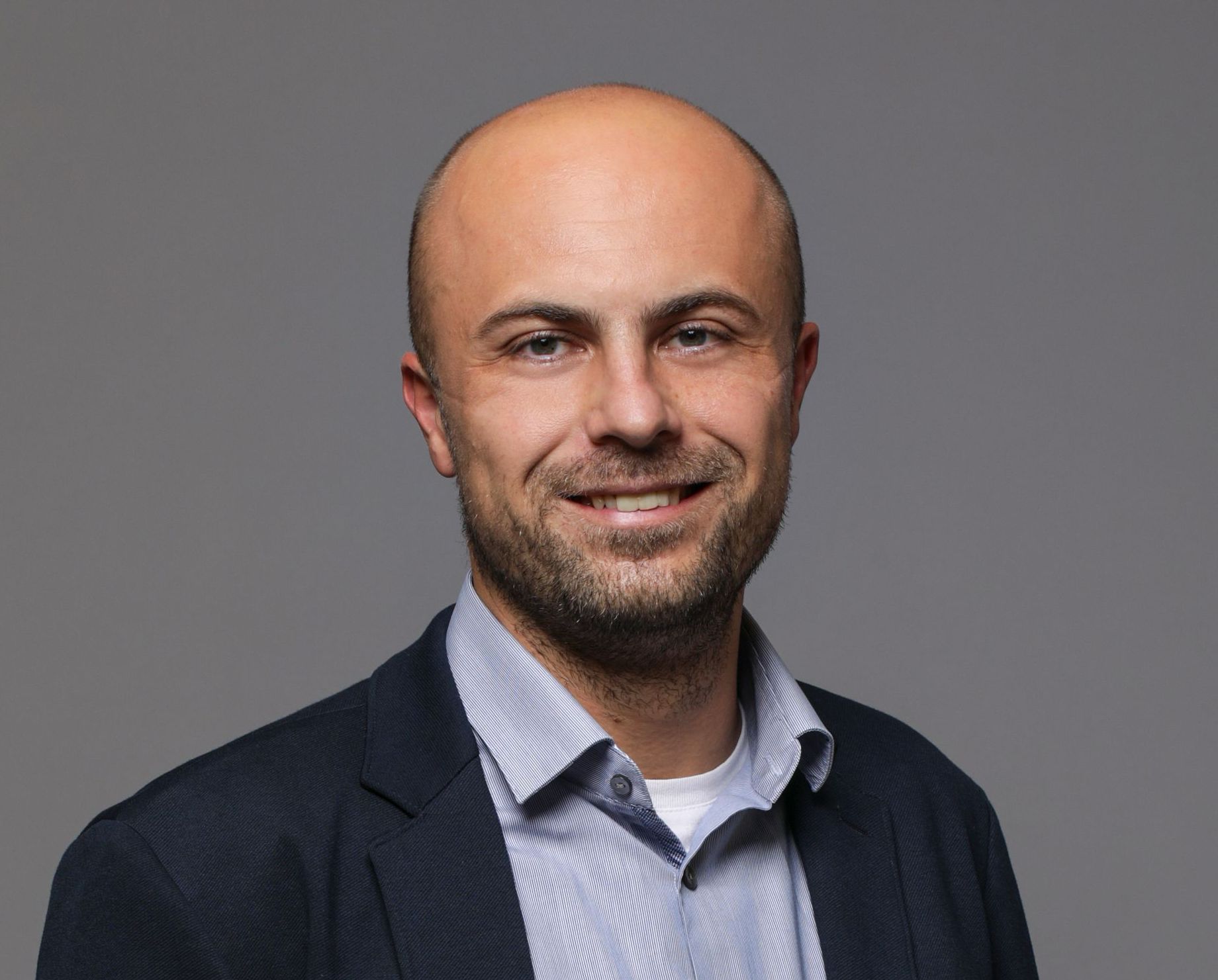
Matko Orsag PhD, Associate Professor, University of Zagreb, Faculty of Electrical Engineering and Computing
This lecture examines how classical control theory can be applied to achieve dynamic stability and environmental interaction in aerial vehicles equipped with multi-degree-of-freedom (DoF) manipulators. Key topics include the stabilization of aerial platforms using Lyapunov-based Model Reference Adaptive Control (MRAC) and the coordination of manipulator movement for precise object interaction. A unified dynamic model for aerial robots will be introduced, covering various actuation principles such as tilting propellers and centroid variation methods, including moving masses and robotic manipulators. The lecture will also discuss classical control structures through practical examples, including pick-and-place, insertion, and valve-turning tasks. Beyond object manipulation, the session will cover applications in contact-based surface inspection, demonstrating how an impedance controller can regulate end-effector forces to ensure stable surface interaction. Real-world challenges and solutions for achieving robust aerial manipulation will be discussed, providing a foundation for future advancements in the field.
Bridging Human Expertise and Robotics: The Role of Control in Skill Replication
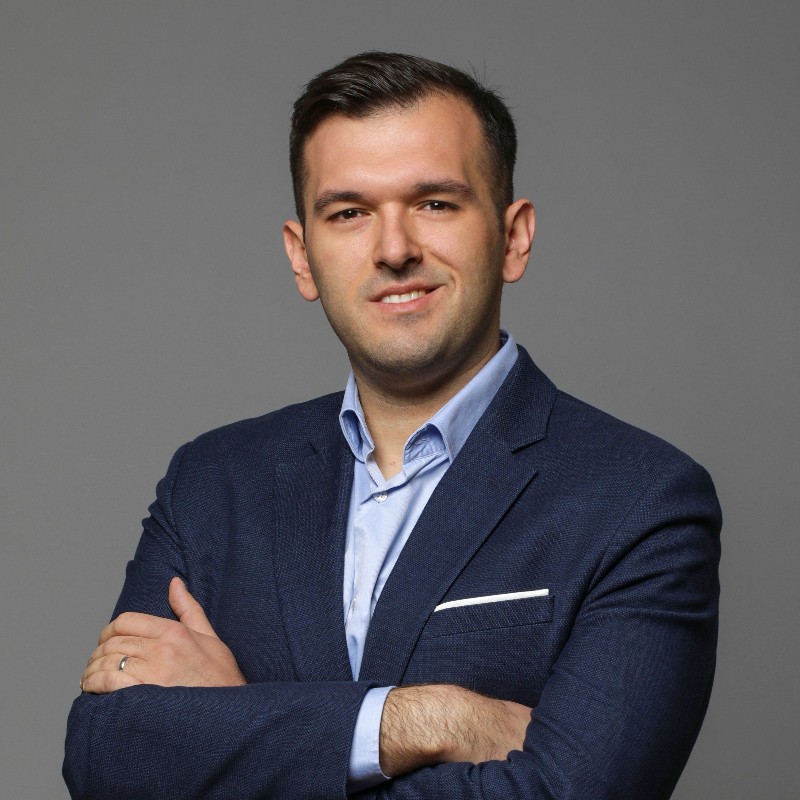
Bruno Marić PhD, University of Zagreb, Faculty of Electrical Engineering and Computing
This lecture examines the role of control in enabling robots to replicate human skills, with a focus on deep micro-hole drilling in the glass container mold industry. A robotic framework is introduced that captures and reproduces expert human drilling techniques using a specialized mechanical and software setup for on-site task recording. The lecture further explores control strategies for achieving high-precision, human-like performance in robotic drilling. A single-degree-of-freedom (DOF) impedance-based drill controller is developed for an industrial position-controlled robot, facilitating safe and smooth interactions between the drill bit and the mold. By modeling the relationship between joint and tool dynamics, the proposed control system minimizes non-axial motion, outperforming standard low-level robot control and enabling the robotic system to exceed human capabilities in deep micro-hole drilling. Bridging the fields of human skill acquisition, robotic motion control, and industrial automation, this lecture highlights experimental validations and real-world applications, offering insights into the future of human-inspired robotic systems.
ZCS2: 06.12.2024., Robust Estimation and Control in Power Systems
Minimum Robust Invariant Sets and Kalman Filtering in Cyber Attacking and Defending
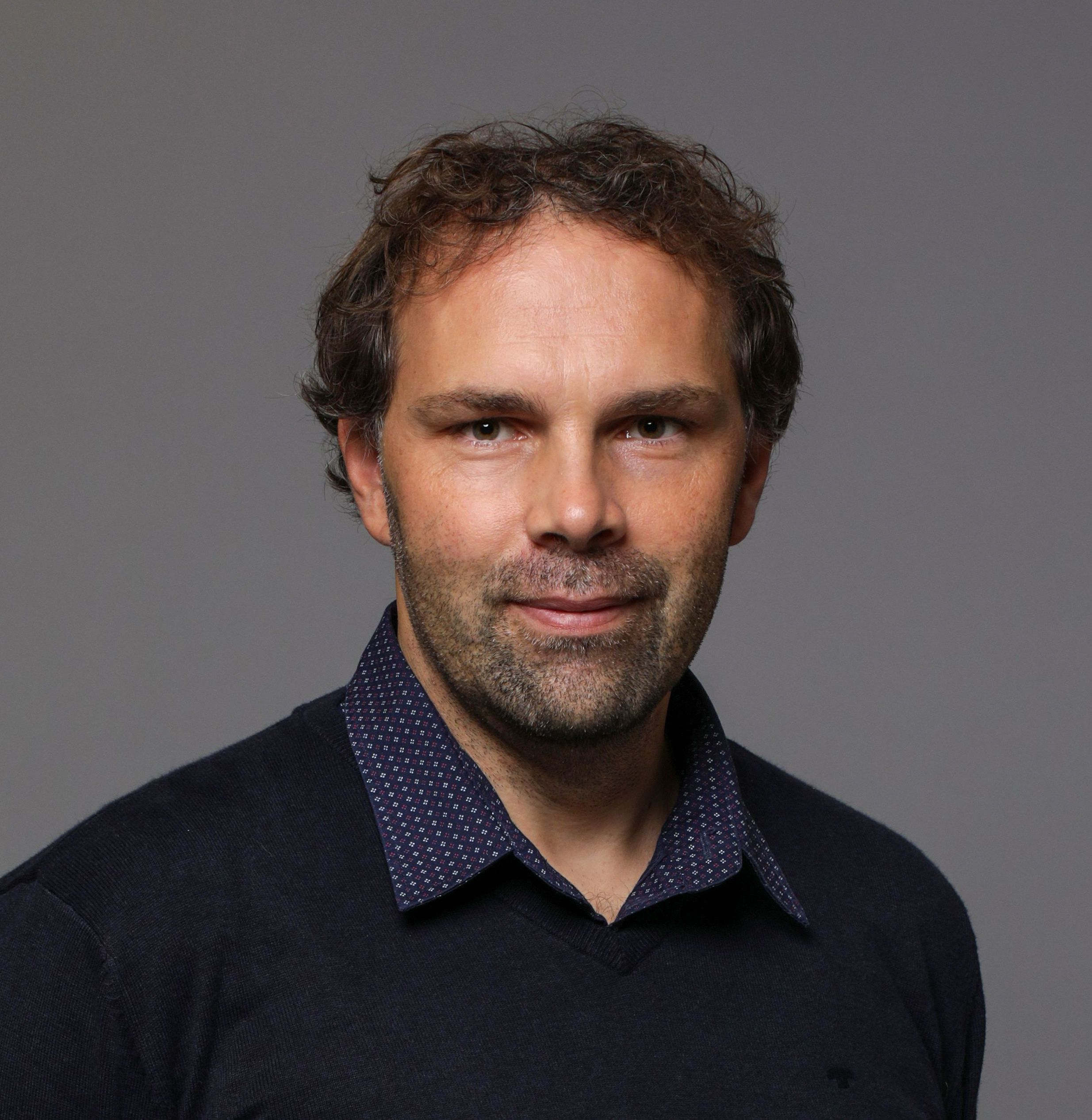
Mario Vašak PhD, Full Professor, University of Zagreb, Faculty of Electrical Engineering and Computing
The talk is on a data integrity cyber-attack detection framework based on minimum robust positively invariant sets. A general linear control system with a Kalman filter is considered. The set localization of the state estimator error is taken into account for developing the attack detector. An intelligent attacker algorithm is developed that has access to a subset of signals from the sensor and actuator channel of the control system. It is assumed that the attacker possesses the entire control system model to perform the most proficient attack for a certain set-up of data availability and compromisation. The attacker compromises a set of measurement data under the constraint of remaining non-discovered by the detector. The presented methodology allows assessing the effectiveness of the control system defense achievable in various data integrity attack scenarios. The developed detector and attacker algorithm were implemented on an illustrative example of a power system with two control areas and automatic generation control.
Set-Based Characterization of Admissible Control Inputs for Battery Management System

Dorijan Leko PhD Student, University of Zagreb, Faculty of Electrical Engineering and Computing
Set-theoretic methods are a powerful tool in control theory, used to ensure safety and feasibility across various control system configurations. These methods involve defining sets of feasible system states that represent safe operating conditions or constraints. By analyzing these sets and designing control strategies that adhere to these constraints, control algorithms can ensure that the system operates within designated safe regions.
This presentation outlines an approach for characterizing feasible initial states and admissible control input trajectories over a finite-time prediction horizon for a nonlinear control system. An admissible control input trajectory refers to a specific feasible initial state and defines the set of admissible inputs that can be applied throughout the prediction horizon. This enables the system to transition from the initial state to the desired state or trajectory while complying with the imposed constraints. This approach is particularly applicable in Battery Management Systems (BMSs).
ZCS1: 25.10.2024., Control in Automotive Applications
Stabilizing Model Predictive Control for Mechatronic Systems: Case Studies in Power Electronics, Tower Cranes, and Automotive
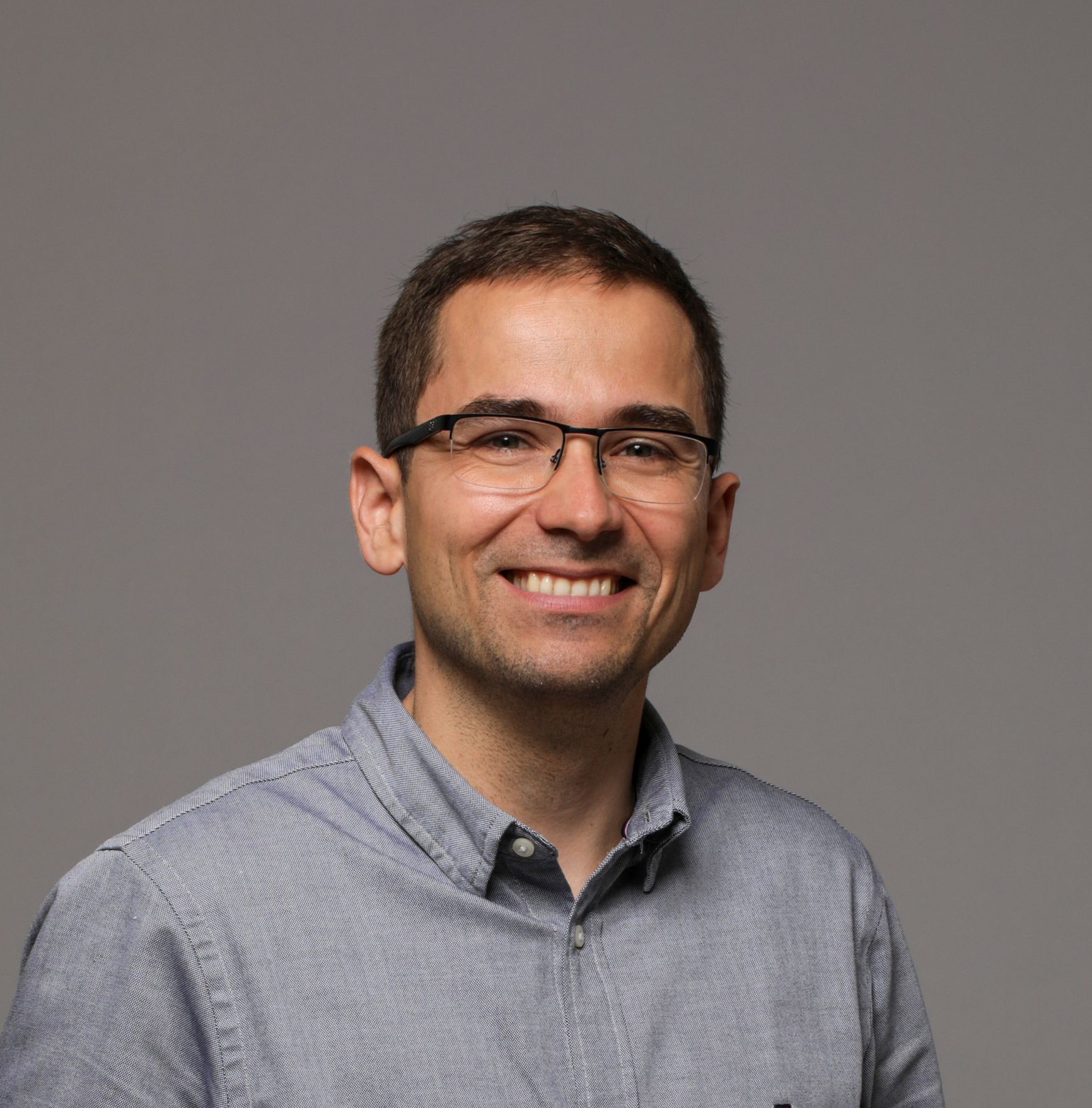
Šandor Ileš PhD, Associate Professor, University of Zagreb, Faculty of Electrical Engineering and Computing
This talk provides an overview of three distinct applications of Model Predictive Control (MPC) implemented in the Laboratory for Mechatronic Systems, all focused on ensuring system stability inspired by a flexible control Lyapunov function framework. The first case study explores an MPC approach designed to minimize switching losses in a two-level synchronous generator side converter (SGSC). The second application presents an MPC solution for stabilizing a tower crane system with variable cable lengths. The final case discusses MPC-based Direct Yaw Moment Control (DYC) of an electric vehicle. Across all three applications, the talk emphasizes the stability methodologies that optimize performance, supported by both simulation and experimental results.
Linear MPC through Nonlinear Mappings: Accelerating Vehicle Dynamics Control Algorithms
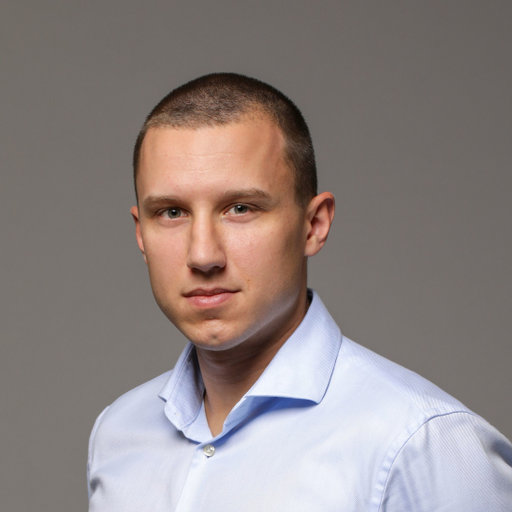
Marko Švec PhD Student, University of Zagreb, Faculty of Electrical Engineering and Computing
Get ready to discover a groundbreaking approach to (vehicle dynamics) control! This talk will focus on the use of the Koopman operator in model predictive control (MPC) to accelerate vehicle dynamics control algorithms. By using the Koopman operator to create a linear representation of complex nonlinear systems, a new level of control efficiency and simplicity is unlocked. This so-called Koopman-MPC framework transforms challenging nonlinear optimization problems into much simpler quadratic problems, providing a perfect blend of high performance and computational speed.
We will cover the basics of vehicle dynamics and MPC, introduce the exciting theory behind the Koopman operator, and explore state-of-the-art techniques for identifying Koopman models, including extended dynamic mode decomposition (EDMD), deep dynamic mode decomposition (Deep-DMD), and a new method called enhanced extended dynamic mode decomposition (E2DMD). The presentation will show the real-world application of this technology in vehicle control, with demonstrations including a torque vectoring algorithm powered by KMPC and validated by multiple experiments.
Design of Vehicle Control Systems: An Industrial Perspective on Systematic Development Approach
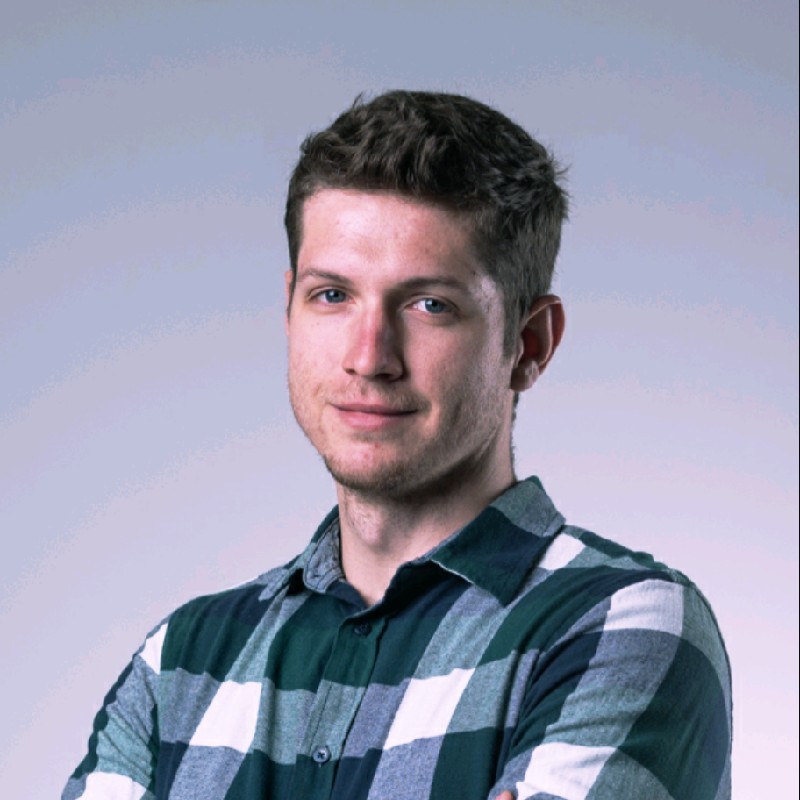
Ivan Cvok PhD, Powertrain Controls Lead Engineer, Rimac Technology d.o.o.
This presentation outlines the structured development of automotive control systems following the V-model, from concept to vehicle testing, with a focus on real-world industrial applications. By comparing the development process in an industrial environment to that in research, it will highlight practical challenges and discuss solutions following the V-model. Starting from high-level vehicle requirements, we will delve into the decomposition of system and software architectures, addressing key challenges and interactions during controller design. Special attention will be given to real-time implementation, operational domain considerations, active system interactions, calibration flexibility, and the use of automated code generation alongside CI/CD practices. The presentation will conclude with a comprehensive discussion of testing strategies, from unit testing and model-in-the-loop (MIL) validation to hardware-in-the-loop (HIL) and in-vehicle testing, ensuring robust system validation and performance in real-world scenarios.